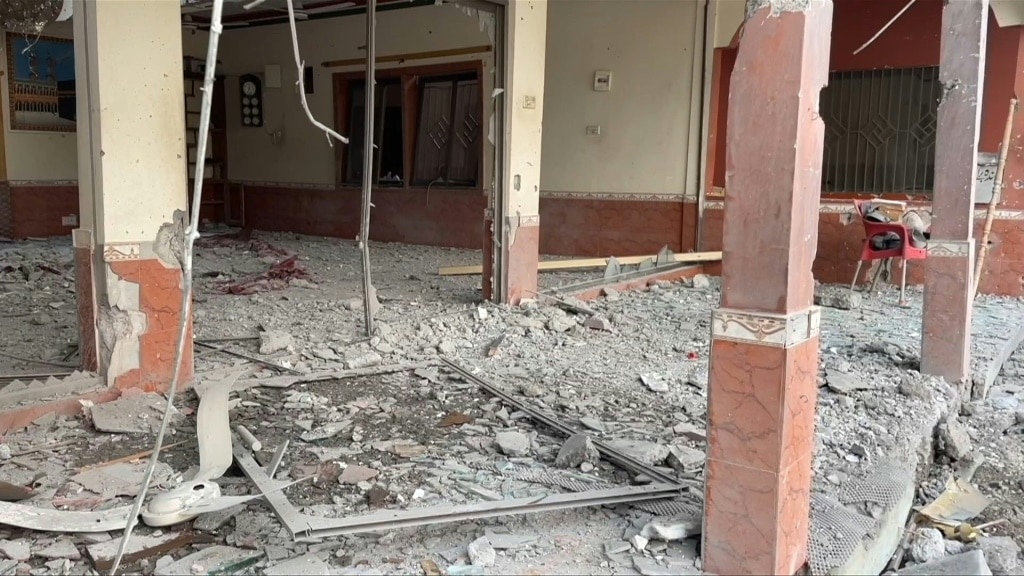Concerns over ‘ongoing issues’ with CCTV control room operator months before Bondi attack
‘Ongoing issues’ with a CCTV operator, who was the only person monitoring the cameras on the day of the Bondi attack, have been aired in court.

Breaking News
Don't miss out on the headlines from Breaking News. Followed categories will be added to My News.
A CCTV control room operator who had been flagged for “ongoing issues” and was on the verge of being replaced, was the sole person monitoring the cameras when the deadly rampage at Westfield Bondi Junction began, and was not in the room at the time.
Six people were killed and 10 others were injured in the attack at Westfield Bondi Junction on April 13, 2024.
Dawn Singleton, Yixuan Cheng, Faraz Ahmed Tahir, Ashlee Good, Jade Young and Pikria Darchia died in the incident.
An inquest into the deaths was earlier told there were two staff members in the CCTV control room on level 4 on the afternoon of the attack, however, one, known as CR2, had left about 3pm with his supervisor to undertake training on level 13 while the other, known as CR1, left at 3.32pm to go to the bathroom.
This meant there was “no active CCTV monitoring in place” for the minute and forty seconds she was outside the room, and exactly 40 seconds after she left, Cauchi attacked Ms Singleton, counsel assisting the coroner Peggy Dwyer SC told the court.
By the time the woman re-entered the control room Cauchi had attacked eight people, three of whom later died.
The second security employee re-entered the CCTV control room by 3.36pm, however, all 16 people had been stabbed by then.
Cauchi, 40, had gone on a rampage through the palatial shopping centre with a WWII knife purchased at a camping store before being gunned down by NSW Police Inspector Amy Scott.
The court was told concerns had been raised several times about the competency of CR1 in the months before the fatal attack.
CR1 began training for the role on December 27, 2023, and was signed off by a former Glad Group project and training manager.
This was despite twice failing a question on a competency checklist related to an active armed offender (AAO), with notes made that she required a refresher on January 17.
The two main objectives of the question were to “get people to safety” and “get information to police”.
There was no further audit to follow up on this need for a refresher before April 13, 2024, the court was told, though the manager agreed there should have been additional training on this.
According to weekly minutes taken during meetings on March 24, there was “still ongoing issues” with CR1.

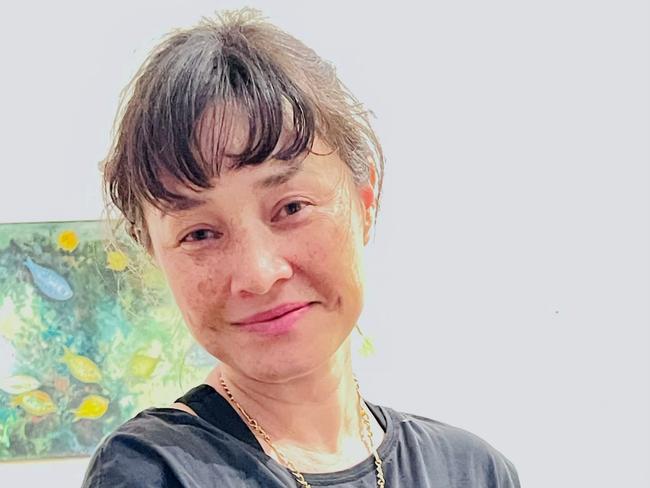
Concerns CR1 ‘rushed through’ training
The training manager was asked whether CR1 was “rushed through” training over pressure to staff the control room at the shopping centre, with only five people – including CR1 – approved to work in the room
“Was there pressure for staffing and recruitment in general … absolutely,” he said.
“But I was never directed to rush her training, no.”
When asked if he felt pressure to rush her training, he said “there was pressure and for recruitment I hope that didn’t affect my training”.
When prompted that “it may have”, he replied “It’s possible”.
‘Are you doing your very best?’: Training manager scrutinised
While each point on the competency checklist was signed off on January 31 by the manager, he told the court he couldn’t recall signing it.
He was told to “have a close look at it and see if you can try and remember” by counsel assisting the coroner Emma Sullivan.
“You’ve written your name, your signature down over and over again,” Ms Sullivan said.
“I apologise I don’t recall signing off this document,” the man replied.
“You’ve only signed off one CCTV control room operator (CRO) … you’ve only signed this document on the one occasion … and you have no recollection?” Ms Sullivan asked.
“Are you doing your very best? …(There are) families in court who would really like some answers in relation to this.”
“Yes, absolutely,” he replied.
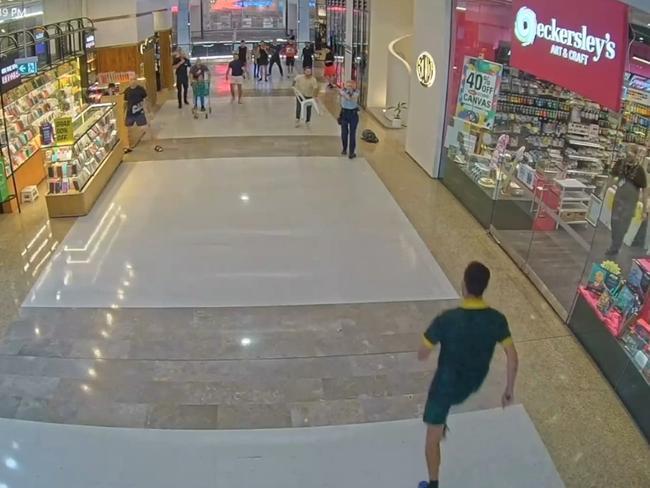
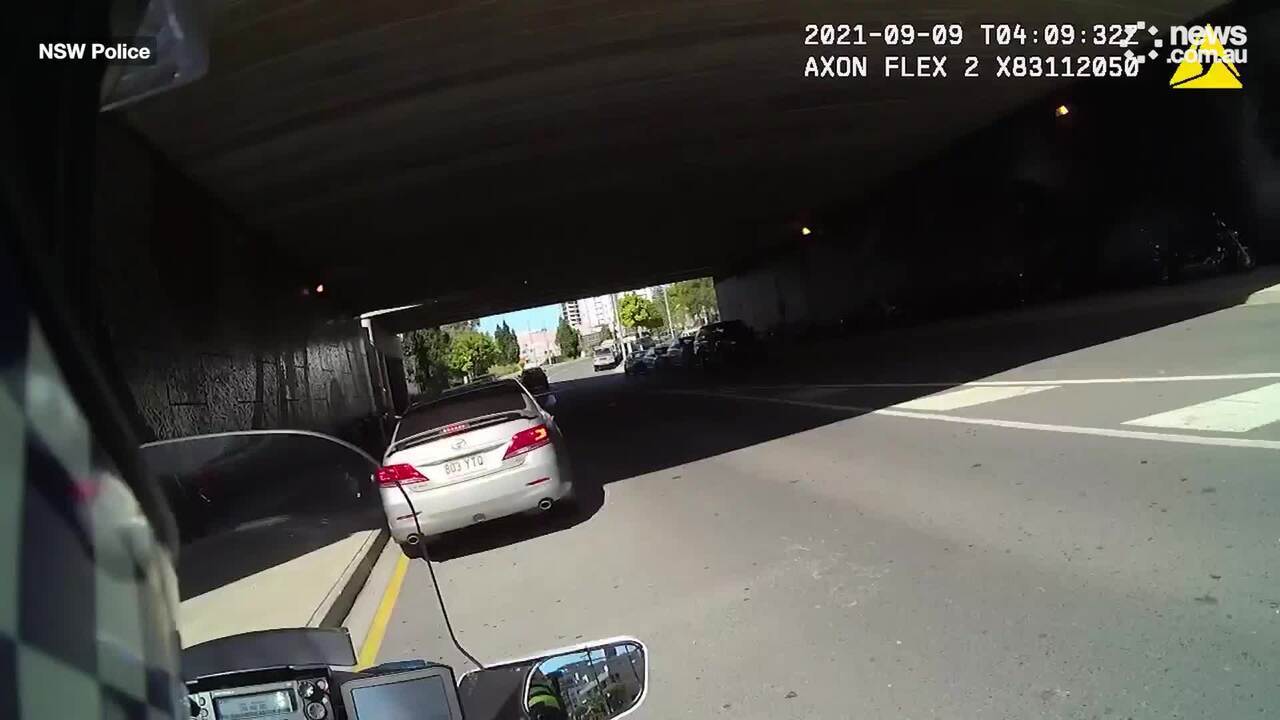
The court was also told it would have been impossible for so much training to have been undertaken in one day, though it all appeared to be signed off on January 31.
The manager couldn’t say what he was doing that day, but suggested the training may have been undertaken at intervals and then signed off all at once.
“The reason we’re asking is it is troubling to see this without an explanation from you. I take it that you’re doing your very best,” the coroner said.
“I don’t recall physically signing off this document, I’m sorry,” he replied.
It appeared the document, shown to the court, was also not signed by CR1 herself
The manager couldn’t give an answer as to why.
The court was told other qualified CROs would assist her while she learned things “while performing the job”.
He was asked if it was clear she would need to be supervised, and replied he would “strongly assume that while she learned on the job that she’d be heavily supervised”.
“It just makes sense if we’re giving someone the OK, especially in a critical role … then she should be heavily supervised in that process,” he said.
When asked if he’d made that clear in emails, he said no.
When pressed on if he’d said that in discussions, he replied “I strongly believe I did, I don’t recall”.
Replacement for CR1 was being trained
A security guard and supervisor working at the centre on the day of the attack was asked a litany of questions about CR1, with counsel assisting the coroner Chris Murphy, summarising evidence, suggesting the woman was constantly asking people to repeat things and had trouble managing multiple incidents at once.
The supervisor agreed a number of security guards had raised concerns she “wasn’t really fast at responding” and that her admin work wasn’t up to standard.
He also agreed there were concerns raised over CR1 during weekly operational meetings, but emphasised she was still new to the role and gaining experience.
However, if she didn’t pass further assessments, a replacement was already being trained to take on the CRO role, the court was told.
He also said CR1 “always” had support in the control room from himself or another security supervisor, but that he wasn’t concerned about leaving her alone in the room.
“No, because she’s gone through a checklist and she’s passed each checklist,” he said.
“She’s gone through this training, but it doesn’t necessarily mean she’s a gun at her role.”
When asked if he thought it would’ve been sensible to have another person in the control room with her given the concerns raised, he said yes.
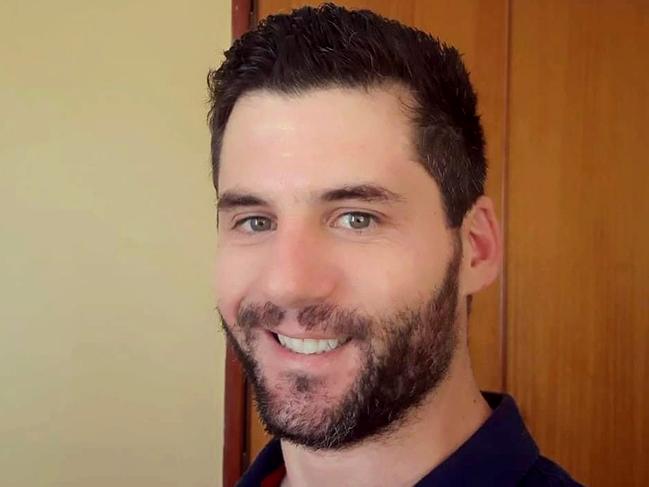
No ‘formal policy’ for supervising new CROs
An assistant security supervisor who assisted with training CR1 said she couldn’t recall any formal policy about supervising CROs.
“If someone is new you try and assist them until they’ve gained confidence enough and they are well aware of the 954 views you’ve got in the centre,” she said.
The witness, who cannot be named, had signed off on CR1’s training checklist, though notably before the checklists were dated, so she was unaware they were all dated January 31.
“I signed the document prior to the information was filled out confirming I have provided this training to the female controller,” she told the court.
She told the court she’d reach out to the training supervisor or site manager once completing training with CR1 to request an assessment, which would typically be undertaken within a day.
While she had raised that CR1 needed to improve her skills just after January, she considered the CRO would have appropriately responded to an emergency at the start of April 2024.
The improvements flagged just after January included better understanding people’s “dialects” and telling security guards on the floor what is happening and where in a timely manner, though when it came to CCTV the supervisor agreed it would be on the job training”.
However she was not aware of concerns about CR1 recorded in operational meeting minutes on March 24, which stated “reschedule full control room training”, nor was she aware of later notes on April 10 that stated CR1 was responding too slow and retraining would need to be scheduled in.
The supervisor understood the further training for CR1, to be provided by her, would be a “refresher” because CR1 was new in her role, and it was to cover things like incident writing reports and enhancing CCTV skills.
It was unclear at what stage she knew she would need to give CR1 a refresher, and the witness was not present in these operational meetings.
She also denied questions of whether the need for more CRO’s factored into the decision to sign off on CR1’s training, saying there “wasn’t any pressure”.
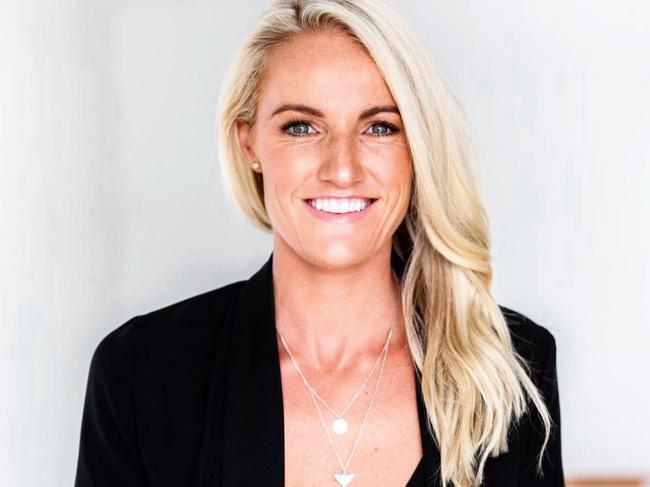

‘Wish we did better’: Security supervisor
The security supervisor working at the centre at the time earlier revealed the “fear and chaos” that unfolded on the day of the stabbing, saying he wished their team had done better.
“I wish I … did more to help those people,” he said.
“We are trained for these, we go through training, and it’s good training … but you’re in a fight or flight mode.
“But yeah, (upon) reflection I wish we did better — I wish we did different.”
He told the court he wished they had been able to tell customers about the situation “straight away”, and that the centre management emergency override (CMEO) was activated sooner.
The man paid credit to his team and said only two members had been able to return to full-time work, saying what they had all gone through weighed heavily on his mind.
“What we went through on that day was truly traumatic, and not everyone understands the fear and chaos we went through,” he told the court.
He thanked team members for doing CPR and getting people to safety as best they could.
“I know that some of you are still carrying the weight of that day, and life hasn’t been the same since,” he said.
“I see your strength, I recognise your pain, and I’m truly grateful to every single one of you — thank you for being there with me.”
‘I heard screaming’: Security guard
The security supervisor, who was acting as the secondary CRO on the day, was undertaking training in the centre management office with a CRO known as CR2 when he recalled hearing screaming over the radio.
“Heard a lot of screaming on the radio. I heard one of the guards tell me that I heard screaming, someone screaming for help,” the man told the court.
“Someone was on the ground, someone was bleeding.”
CCTV showed him run to the lifts and head downstairs.
He told the court that he thought there may have been a cardiac arrest and was unaware if there were any weapons or an active armed offender (AAO).
As the secondary CRO on the day he was tasked with assisting the control room.
However, he told CR2 to go to the CCTV control room instead and headed towards the area he knew the security guard who had made the radio broadcast was working that day despite no location being given in the broadcast.
“When I review the incident, upon reflection … I wish I did go to the control room. That’s one of my strengths, so I could’ve assisted, but you just never know what could’ve happened,” he said.


CCTV played in court showed the man running across the airbridge on level 5, still unaware as to the nature of the emergency at that stage.
Looking down to level 4, he saw someone on the ground.
He said he could hear screaming from other people in the shopping centre.
“I wasn’t 100 per cent at that time but when I saw people on the ground I thought that it was the first time I thought someone had been attacked,” he said, describing looking down to level 4.
Running down, retailers told him to “get down there”, with no alarms or PA announcements taking place.
However, he said he knew he’d be running towards danger.
He ran down to level 4 and tearfully told the court that he had radioed to ask the control room “how many people are running around and where is he?”, referring to an attacker.
He didn’t get a response to this and said there were “too many people talking at once” on the radio.
Once downstairs, he ran to get privacy screens to “shield the victims on the ground” and attempted to provide assistance.
However, he then heard gunshots and ran into a nearby shop, with the retailers closing the doors.
“I thought I was being shot at,” he said.
He recalled telling bystanders that “I’m not gonna die here” and “if he comes through the door we have to do something”.
After hearing the “POI (person of interest) is down” over the radio, he went back out to continue providing assistance, as he understood the gunfire was likely from police.
He was asked to bring a defibrillator and first-aid kit and flag paramedics down, so he got another security guard to grab the first-aid kit and defibrillator while he went to meet paramedics outside.
Standing outside the centre later, he said he heard PA announcements from one of the CCTV CROs, known as CR1.
Originally published as Concerns over ‘ongoing issues’ with CCTV control room operator months before Bondi attack

